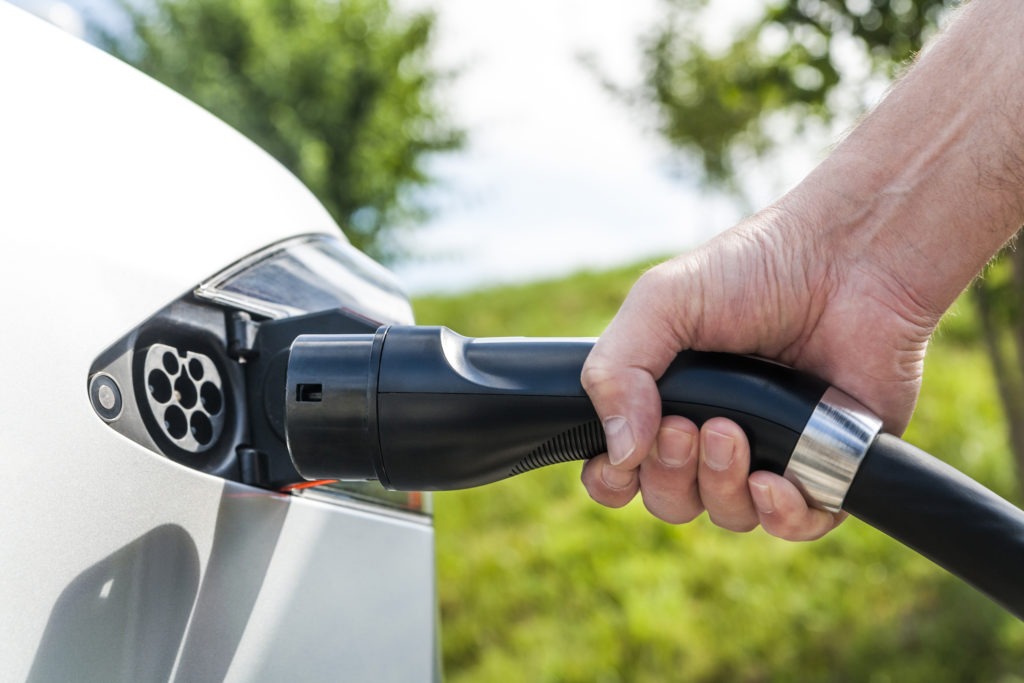UK councils failing to take up government EV charge point grant
17 January 2018

17 January 2018
UK councils are failing to make use of a £4.5 million (€5.1 million) fund set up to pay for thousands of electric vehicle (EV) charging points across the country.
Anticipating a rise in the number of plug-in electric vehicles on the country’s roads, the UK Government set up the ′On-street Residential Charge point Scheme‘ in 2016, allowing councils to buy and install charge points for as little as 25% of their original cost. However, few authorities have done so, meaning the required growth of charge points for the market to succeed is slow.
Transport minister Jesse Norman, and climate minister Claire Perry have both written to local authorities across the country to remind them to make use of the fund, which to date is largely untouched. Only five councils have taken advantage of the scheme, out of 201 district authorities.
The scheme was set up to provide charger point access for motorists who want an electric car, but are prevented from buying one by a lack of off-street parking, and therefore having no way of installing a domestic charging point. Roughly a third of UK households rely on on-street parking, and most fast-charge home points will only be installed in residences with a driveway, garage, or other off-street parking facilities.
Despite growing EV sales in the country, with latest SMMT figures suggesting the market rose by 30% in 2017, the UK charging infrastructure has failed to increase at the same rate and is in danger of falling behind European targets.
Norman said: ′We are in the early stages of an electric revolution in the UK transport sector, and connectivity is at its heart. Millions of homes in the UK do not have off-street parking, so this funding is important to help local councils ensure that all their residents can take advantage of this revolution.’
A set of schemes for electric vehicles were announced in the government’s Autumn Budget in November, including a further £100 million (€113 million) to help consumers purchasing electric vehicles. There are also plans to extend the current grant rates for the ′Electric Vehicle Homecharge Scheme‘ and the ′Plug-in car grant‘ which provides up to £4,500 (€5,100) to help the driver make the switch to the technology. With the UK banning the sale of petrol and diesel vehicles in 2040, it hopes to switch drivers to cleaner technologies sooner rather than later.
Responding to the lack of local authority take up, Jack Cousens, head of roads policy for the AA, said: ′Eight out of 10 drivers say that a lack of charging points is a reason why they will not currently buy an electric car, so the poor take-up of these seemingly generous grants is disappointing.
′The funding available could add at least 600 charging points to help these residents and encourage cleaner, greener motoring. However, with local budgets already hamstrung and cuts to services being made, even the promise of funding for three-quarters of the capital cost may still not be enough of an incentive.’